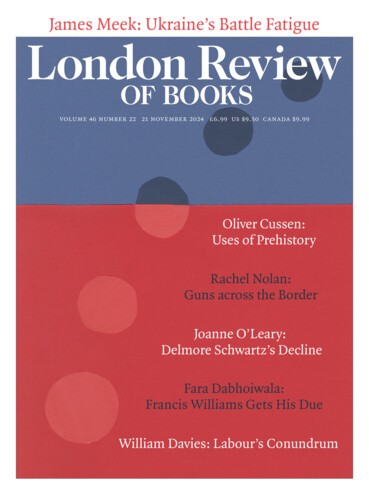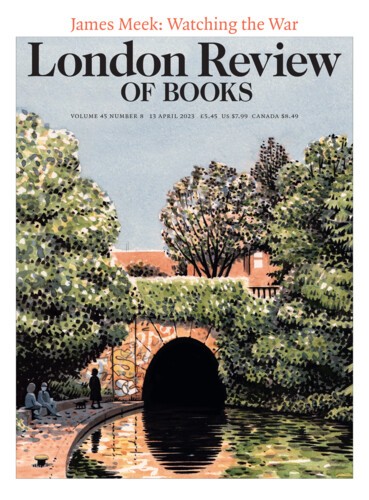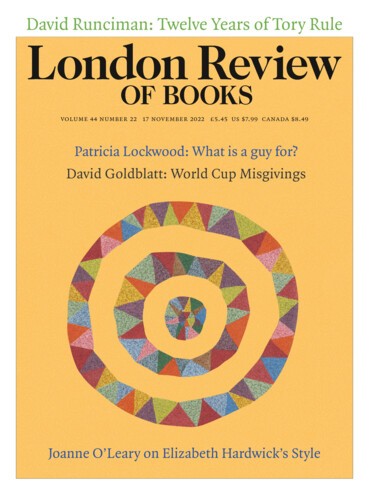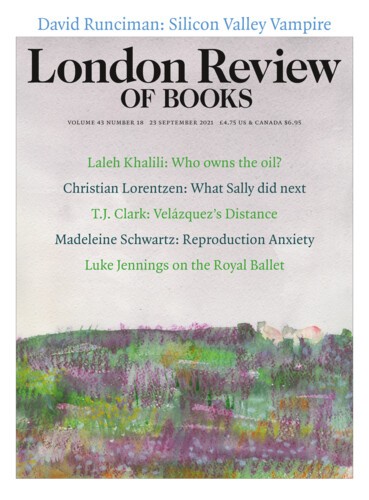No Cheese Please: The First Bibliophiles
Anthony Grafton, 24 July 2025
Humanists knew that they were imitating the ancients when they sat and talked in libraries. But they knew little about what these lost collections looked like or included. After all, even library terminology was slippery. Bibliotheca could refer to anything from a single compendious book, such as the Scriptures, to a single cabinet or a whole collection.





